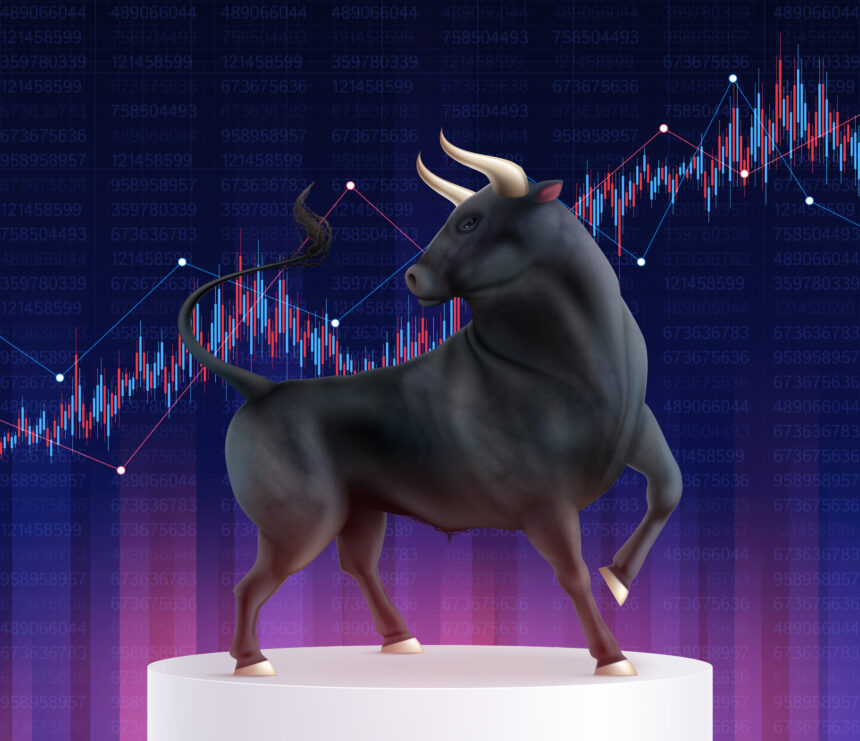The Johannesburg Stock Exchange (JSE) is the largest stock exchange in Africa, providing a platform for investors to trade various financial instruments. While technical analysis, fundamental analysis, and market trends play a significant role in stock market trading, one crucial aspect that often goes overlooked is trading psychology. The psychological factors that influence traders can have a profound impact on their decision-making processes and ultimately affect their success in the stock market.
Trading psychology refers to the emotions, biases, and mental states that influence the behavior of traders in the market. It encompasses a wide range of factors, including fear, greed, confidence, patience, and discipline. Understanding and managing these psychological aspects is essential for traders to navigate the complexities of the stock market effectively.
Fear and greed are two powerful emotions that heavily influence trading decisions. Fear can lead to excessive caution or even paralysis, preventing traders from taking necessary risks or seizing opportunities. On the other hand, greed can cloud judgment and push traders into making impulsive and irrational decisions based on the desire for quick profits. Successful traders recognize these emotions and work on maintaining a balanced mindset that is not swayed by short-term emotions.
Confidence is another critical psychological factor in trading. A confident trader is more likely to stick to their trading plan and make objective decisions based on their analysis. It allows them to stay calm and composed during market volatility, avoiding panic selling or buying based on rumors or noise. Building confidence requires knowledge, experience, and a thorough understanding of one’s trading strategy.
Patience is a virtue that traders must cultivate. The stock market can be unpredictable, and it is not uncommon for traders to experience periods of losses or stagnant returns. Patience helps traders stay focused on their long-term goals and avoid making impulsive trades driven by the desire for immediate results. Successful traders understand that it takes time for their investments to bear fruit and exercise patience during market fluctuations.
Discipline is perhaps the most crucial aspect of trading psychology. It involves following a well-defined trading plan, adhering to risk management strategies, and sticking to predetermined entry and exit points. Discipline helps traders avoid emotional decision-making and maintain consistency in their trading approach. A lack of discipline can lead to impulsive trading, chasing losses, or deviating from one’s strategy, ultimately resulting in poor trading outcomes.
Overcoming cognitive biases is also crucial in stock market trading. Cognitive biases are inherent human tendencies to think and act in certain ways, often leading to irrational decisions. Confirmation bias, for example, can make traders seek information that confirms their preconceived notions while ignoring contradictory evidence. Anchoring bias can cause traders to rely too heavily on initial information when making subsequent decisions. By recognizing these biases and consciously working to mitigate their impact, traders can make more rational and objective decisions.
To develop strong trading psychology, education and self-awareness are vital. Traders should invest time in learning about behavioral finance, market psychology, and techniques to manage emotions. Regular self-reflection and journaling can help identify patterns in behavior and emotions, enabling traders to make adjustments and improve their decision-making processes.
Moreover, seeking support from mentors or joining trading communities can provide valuable insights and guidance. Sharing experiences and discussing challenges with like-minded individuals can help traders overcome psychological barriers and gain a fresh perspective on their trading strategies.
In conclusion, trading psychology plays a significant role in the success of traders in the JSE stock market. Emotions, biases, and mental states can influence decision-making and impact trading outcomes. By understanding and managing these psychological factors, traders can develop the discipline, confidence, patience, and objectivity necessary to navigate the complexities of the stock market effectively. Developing a strong trading psychology requires education, self-awareness, and continuous effort, but the rewards are well worth it for those who are committed to mastering this aspect of trading.










